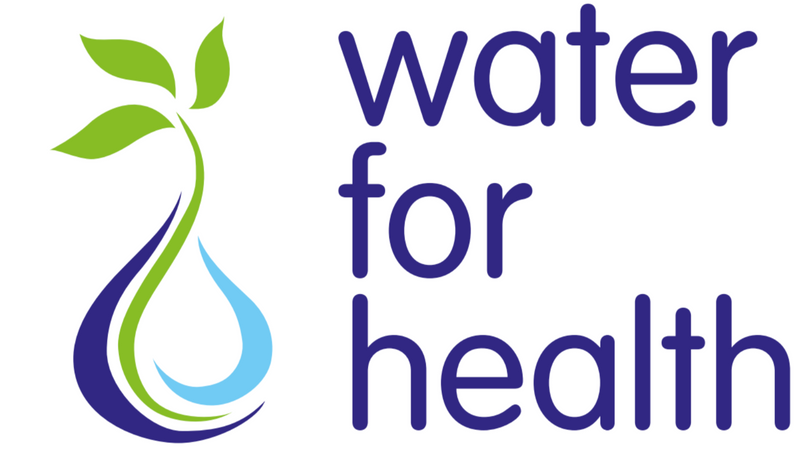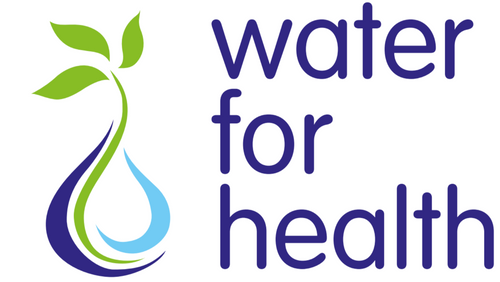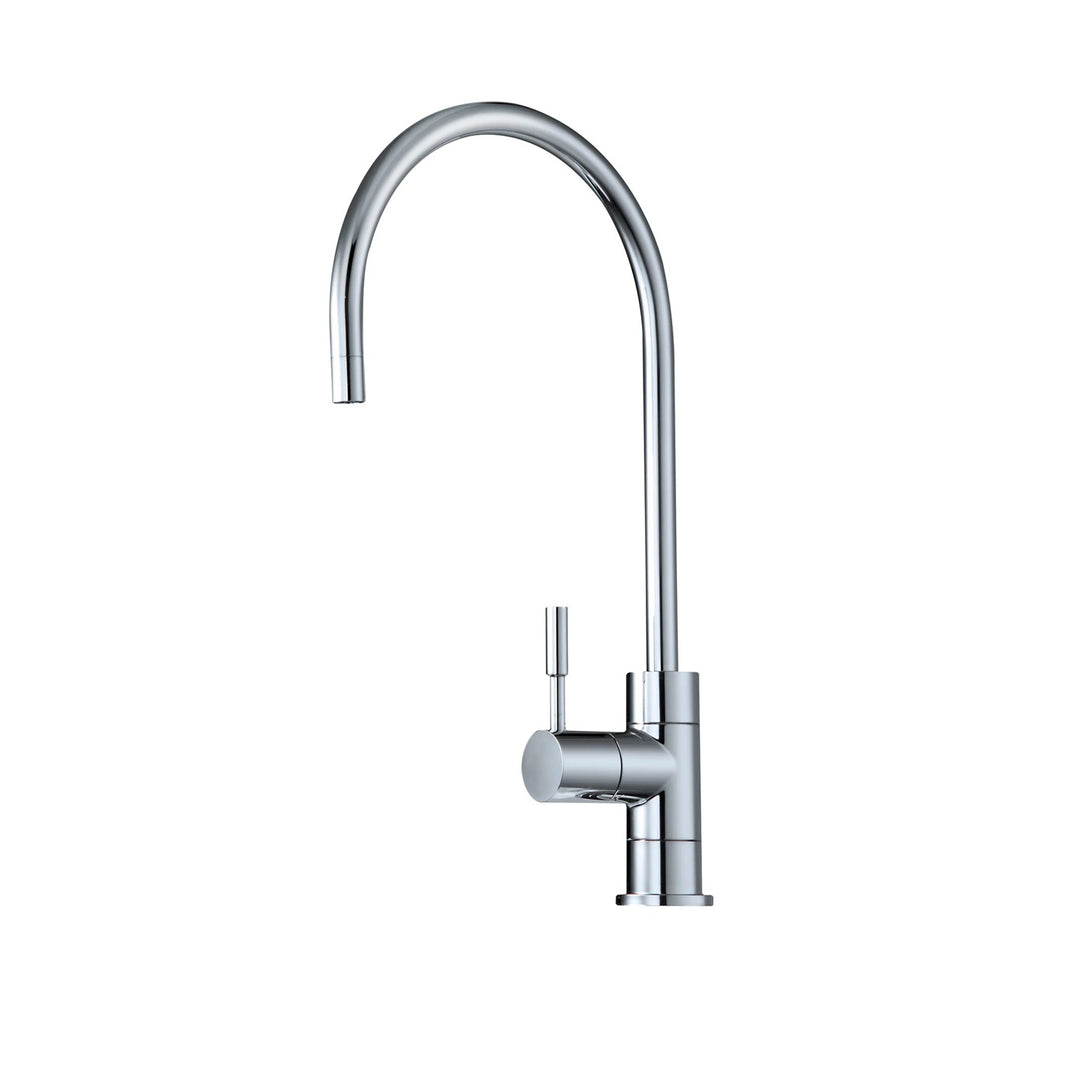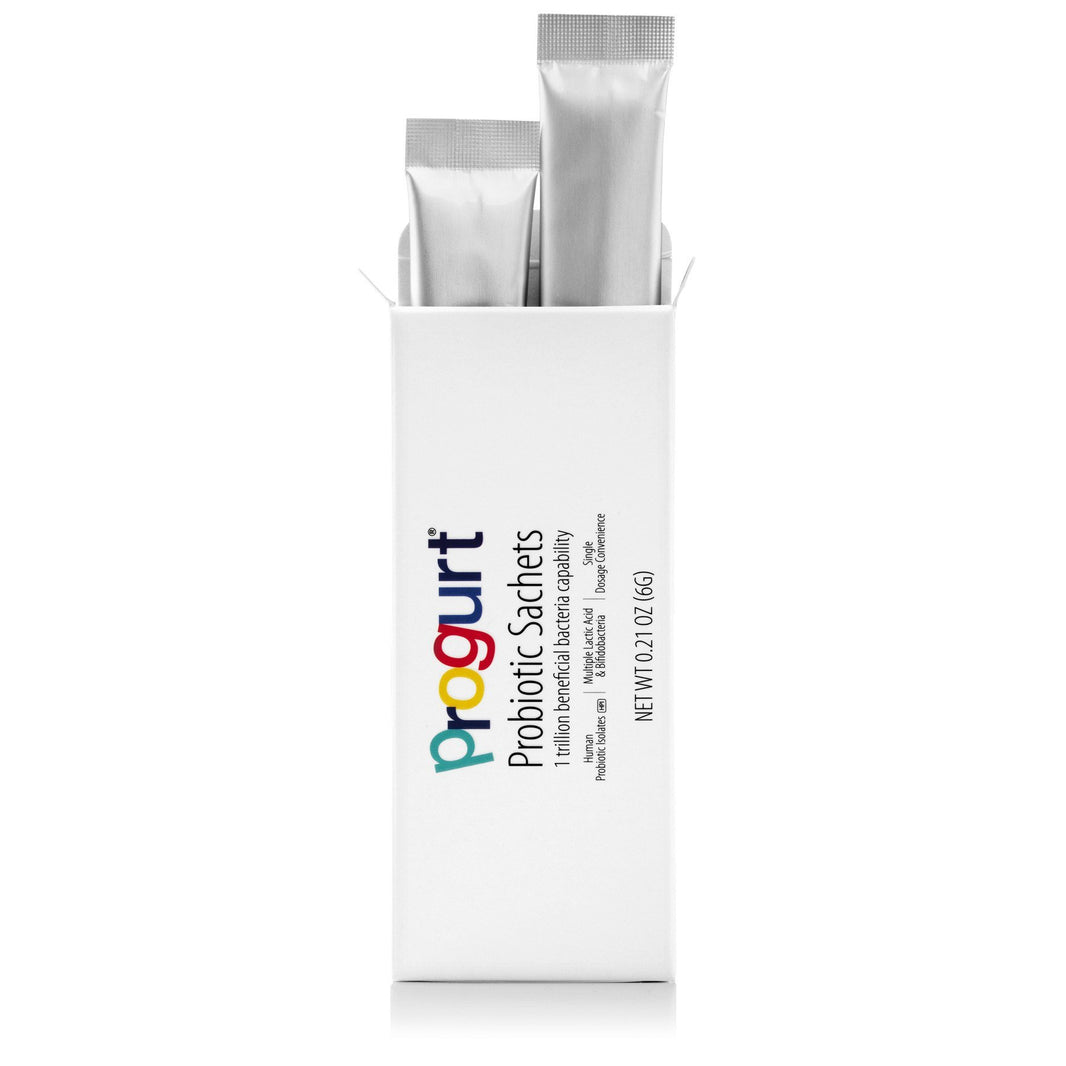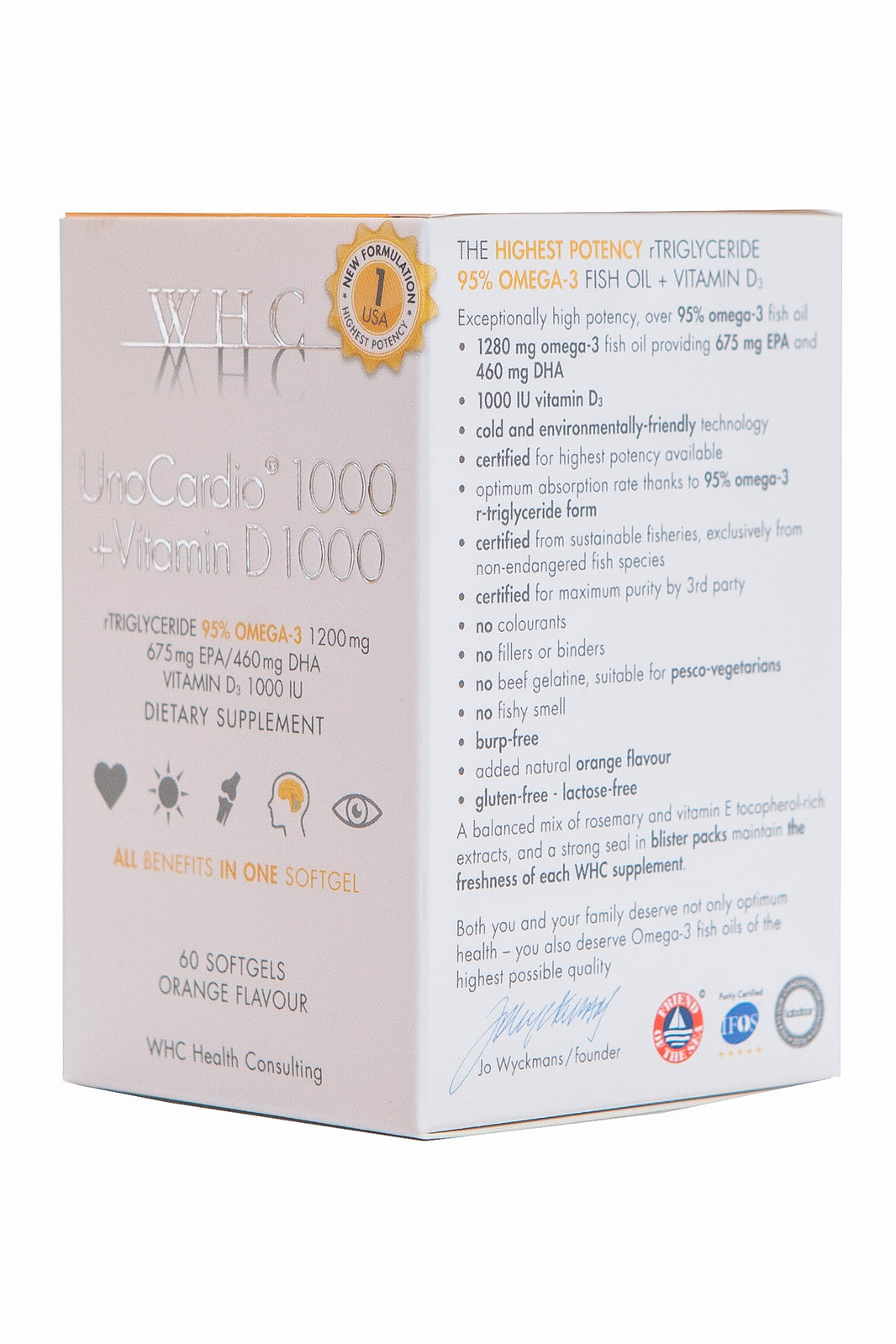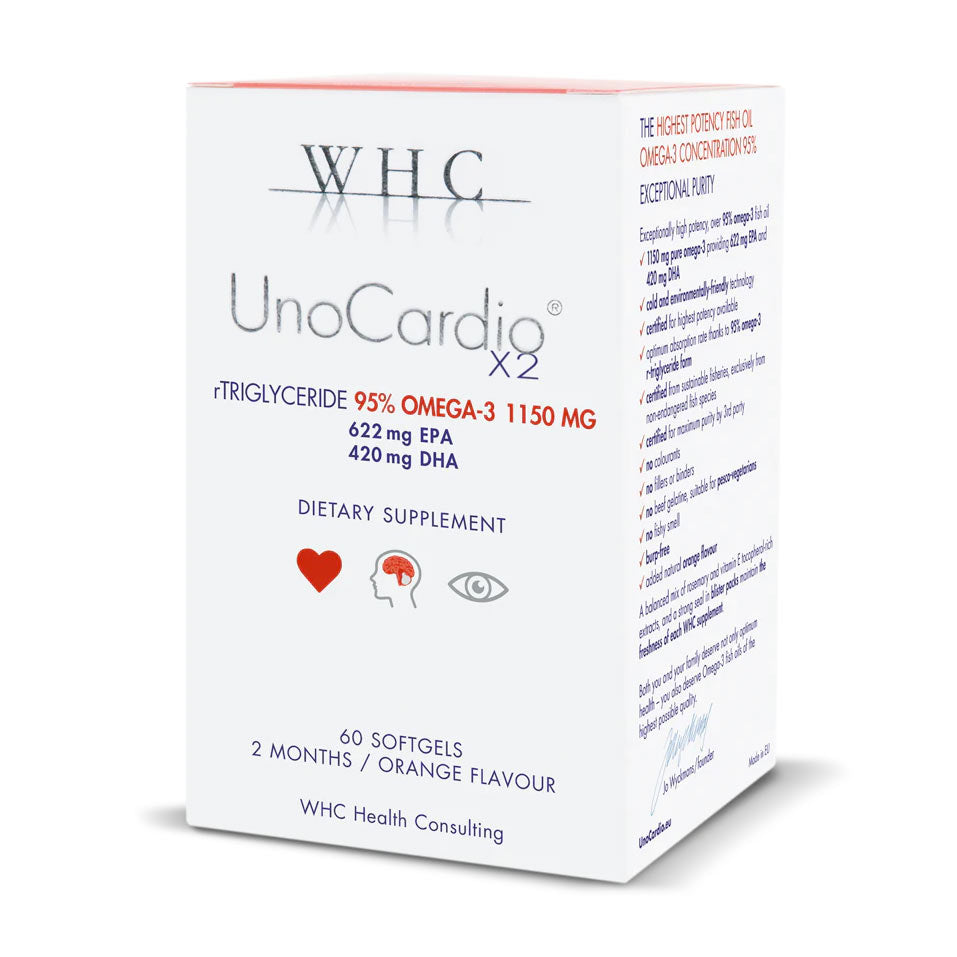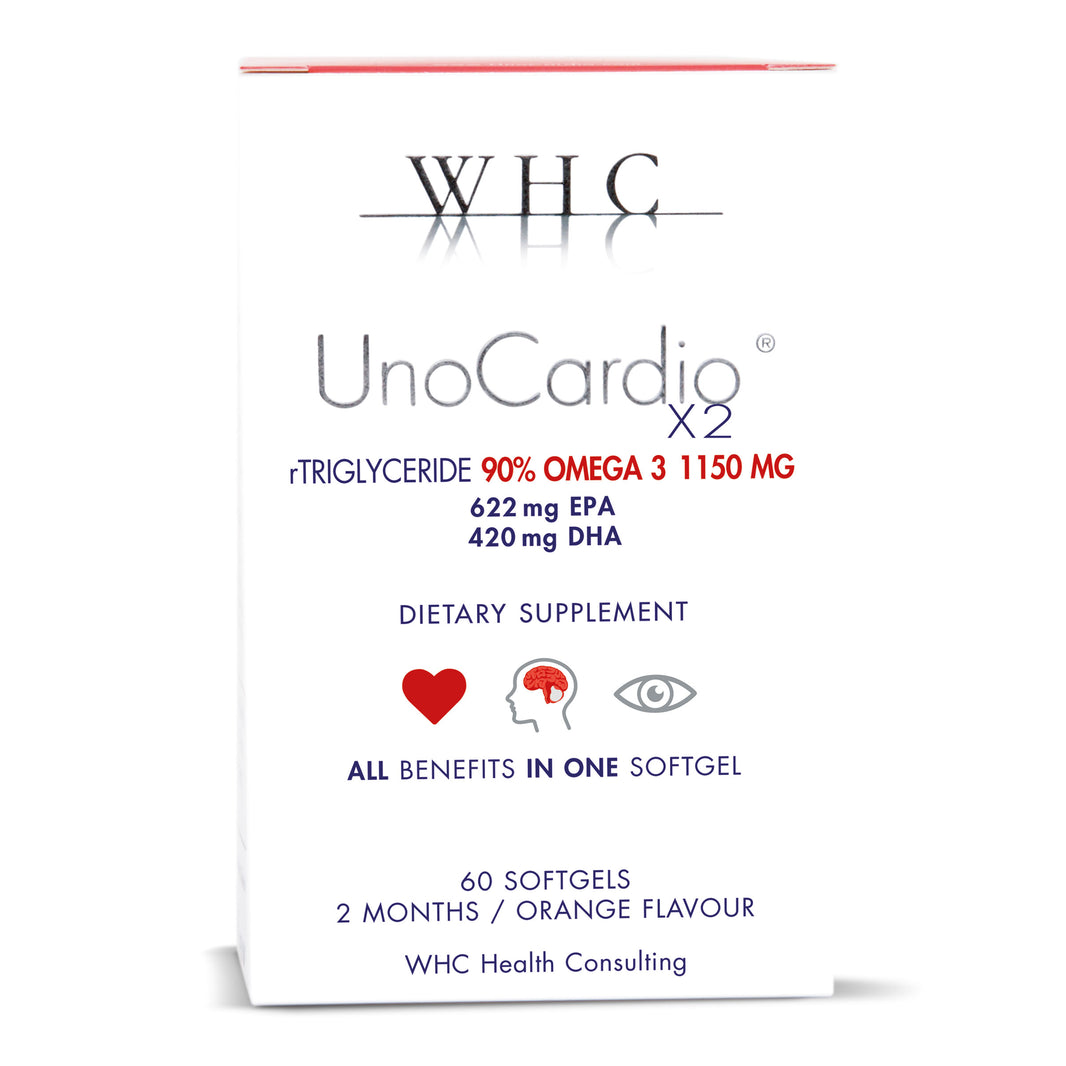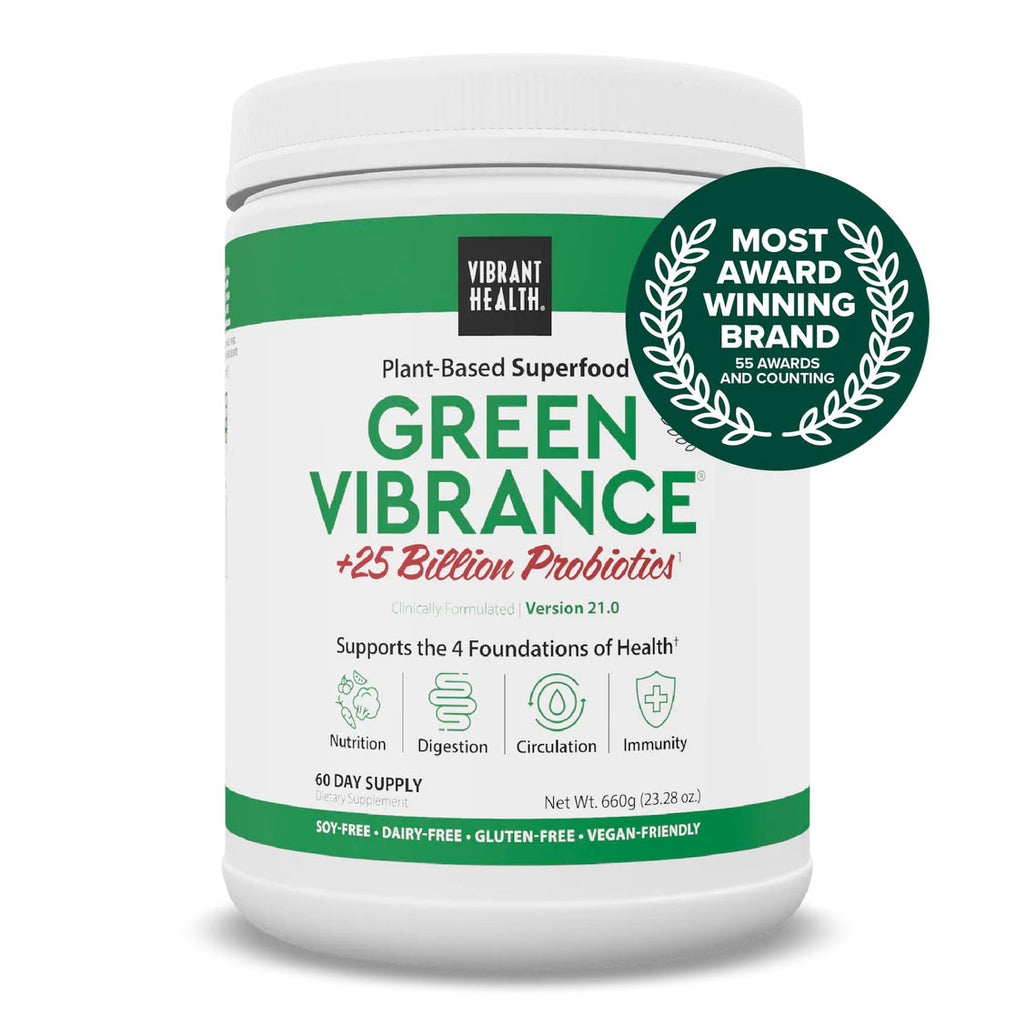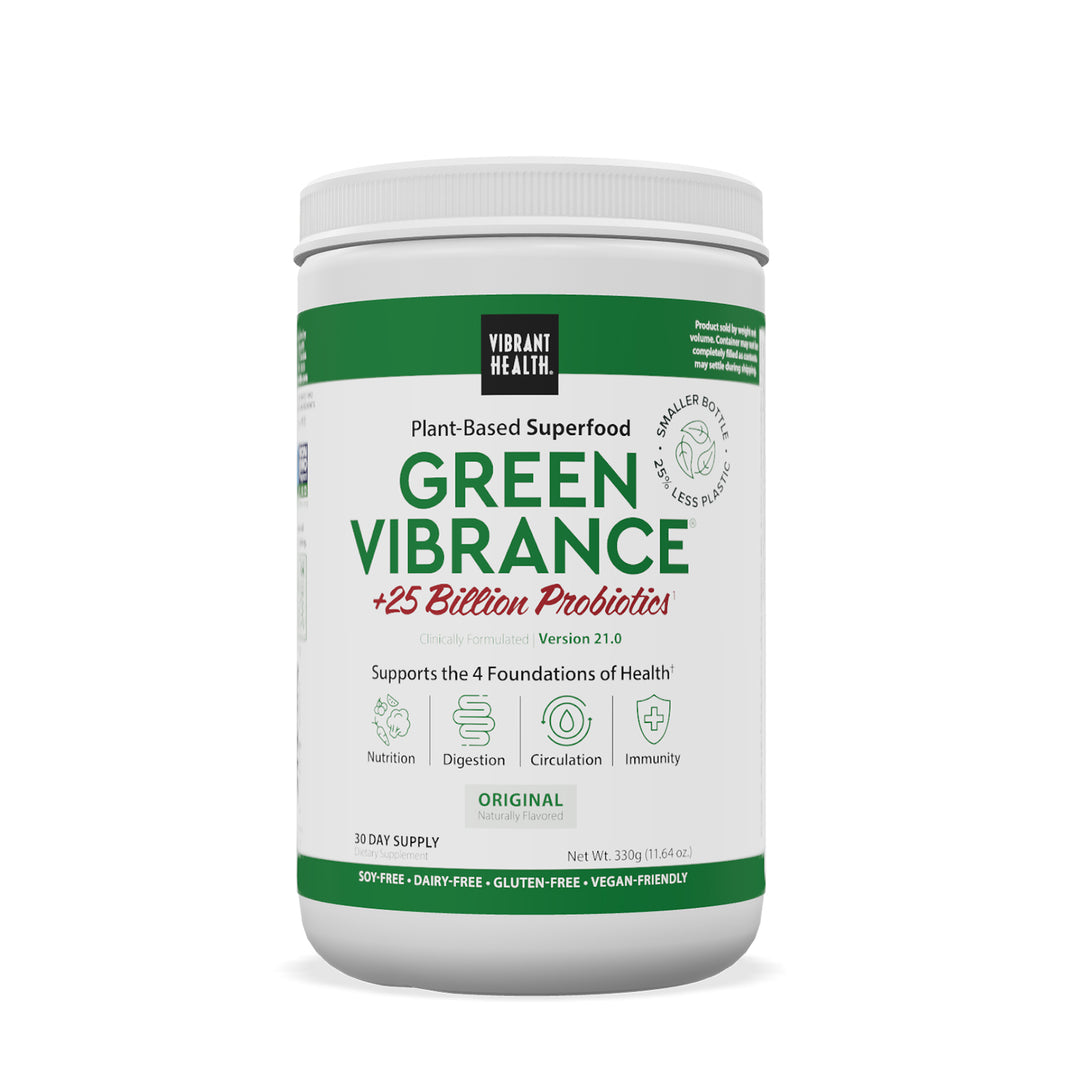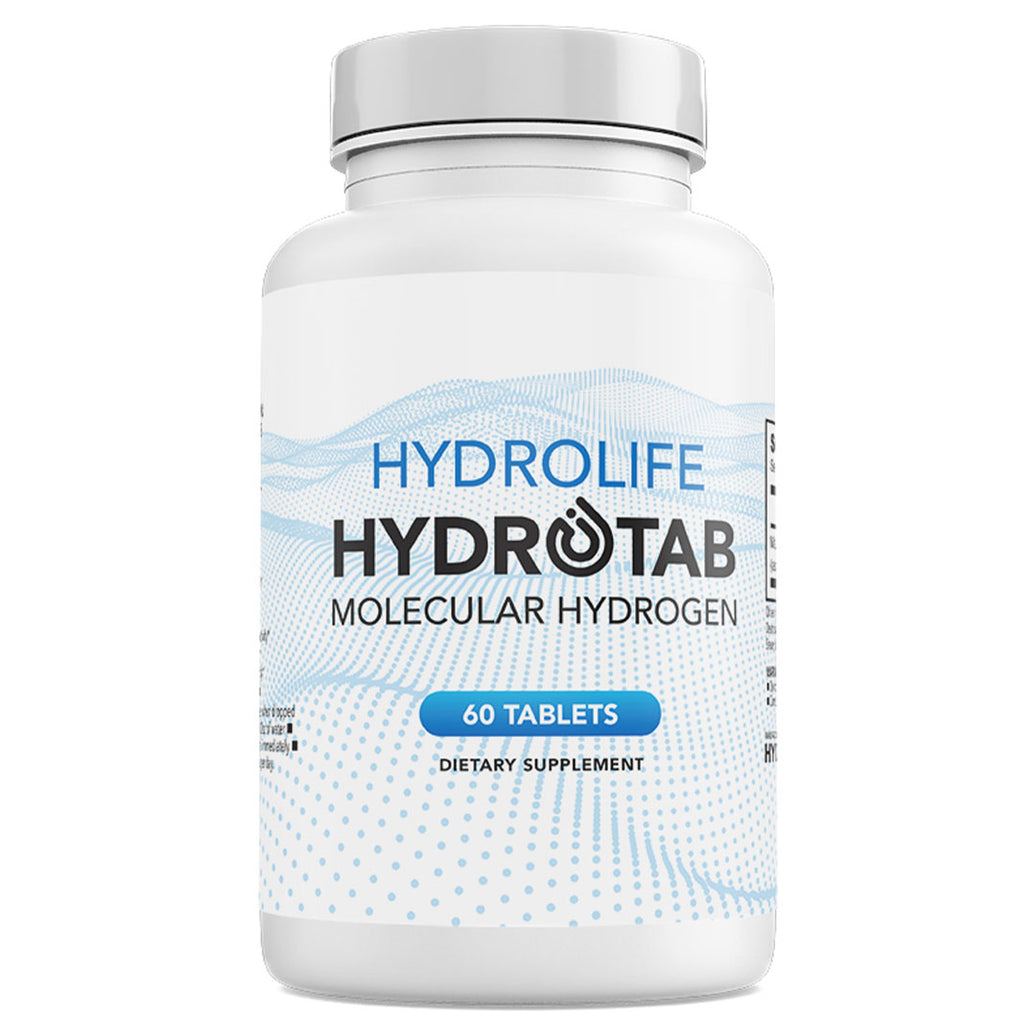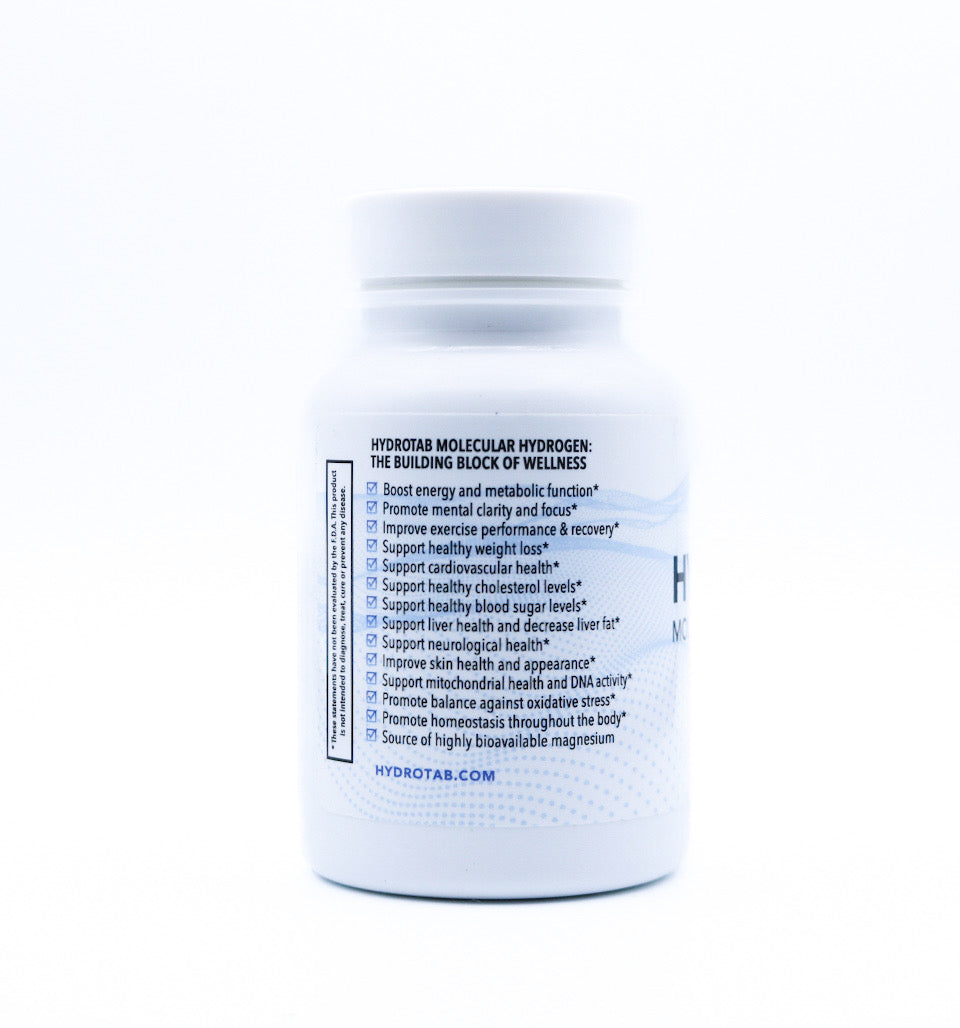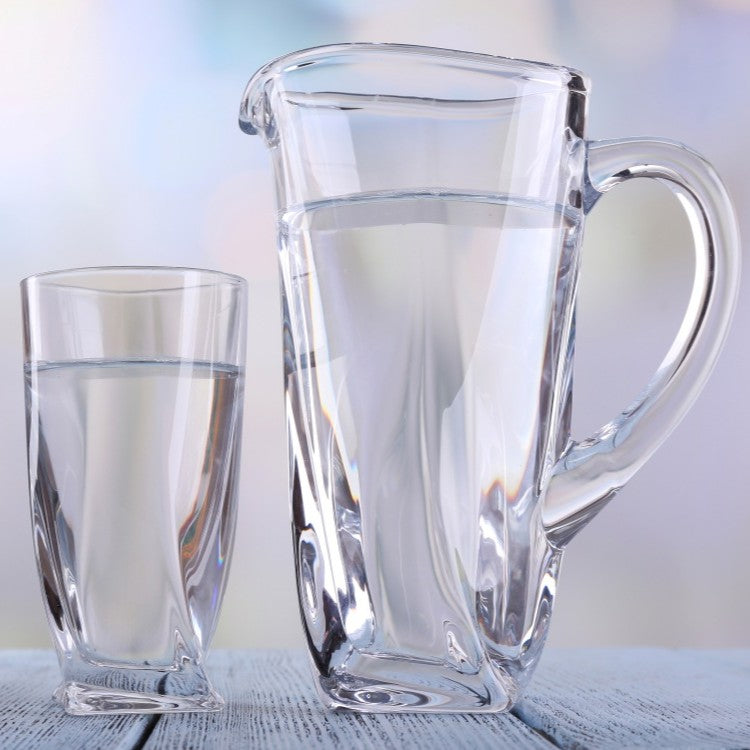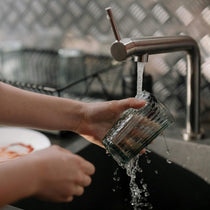We all know staying hydrated is crucial for good health, but with so many options available today, choosing which water is best to drink can feel quite overwhelming.
Should you stick with good old tap water, or is it worth investing in bottled varieties? What about filtered, alkaline, or those newer hydrogen-enriched options you've been hearing about?
If you've ever stood in the health food aisle wondering about the healthiest water to drink, you're not alone. Let's dive into what the science actually tells us about different water types, so you can make an informed choice about the best drinkable water for your lifestyle and budget.
From artesian springs to reverse osmosis systems, there's certainly no shortage of choices. Some people swear by alkaline water, while others prefer glacial meltwater or water that's been processed through high-pressure filtration systems.
Walk through any major health store and you'll be amazed by the variety on offer. But is this just clever marketing, or do different types of water for drinking really offer distinct health benefits?
Understanding Your Tap Water (The Reality Behind the Convenience)
Let's start with the most accessible option - your kitchen tap. Here in Britain, we're fortunate to have clean, safe drinking water available on demand. UK tap water meets strict safety standards set by the World Health Organisation and other regulatory bodies.
However, there's an important distinction between water that's 'safe' and water that's optimal for health. Your tap water has undergone extensive treatment with various chemicals designed to eliminate harmful bacteria and microorganisms. Whilst this process makes water safe to consume, it also means the water for drinking that flows from your tap differs significantly from natural spring water.
Here's what might surprise you - British tap water has been found to contain traces of over 300 man-made chemicals at various times. These include pharmaceutical residues, industrial compounds, and treatment chemicals.
Additionally, around 10% of the UK population receives fluoridated water, particularly in areas including Cumbria, Cheshire, Tyneside, Northumbria, Durham, the West Midlands, and most of Ireland.
Many health-conscious individuals now use filtration systems to remove chlorine, fluoride, and other potentially concerning substances. However, we should note that standard filters often strip away beneficial trace minerals that support cellular function and overall vitality.
Comparing the Best Water to Drink in the UK
In our view, truly healthy water should be clean, free from harmful substances, and ideally contain beneficial minerals in their natural form. Let's examine the main alternatives to tap water that people choose, whether for taste, health, environmental, or cost reasons.
Bottled Water: Navigating the UK Market

Whether driven by concerns about tap water quality or simply preferring the taste, bottled water has become incredibly popular. The UK bottled water market was valued at $10.97 billion in 2023 and is expected to grow at 4.5% annually through 2030.
But here's the thing about bottled water: it's not all created equal. You'll find mineral water, spring water, artesian water, and regular well water, each with different properties and sources.
When looking for the healthiest bottled water UK options, always check the label carefully. Look for the water source and examine the mineral content. Don't be swayed by marketing terms like "mountain fresh" or "glacier pure" as these are often just clever advertising.
Some bottled water actually starts as tap water that's then treated and filtered before packaging. If you're investing in bottled water, you want to ensure you're getting something genuinely different from what comes out of your tap.
There are other considerations too. Studies have shown that plastic bottles can leach chemicals into the water, with concentrations increasing the longer water sits in the bottle. The World Wildlife Fund even suggests that tap water is subject to more rigorous testing standards than many bottled waters.
The environmental impact is also significant. Plastic bottles require substantial resources to produce, take centuries to biodegrade, and release toxic fumes if incinerated.
If you're determined to go the bottled route when seeking the healthiest bottled waters, glass containers are definitely preferable to plastic.
Distilled Water: Ultra-Pure but Limited
Distilled water undergoes such intensive filtration that it's stripped of virtually everything, including beneficial minerals and electrolytes. The process involves boiling water and collecting the steam, which creates a very clean but somewhat flat-tasting result.
While distillation removes impurities effectively, this water type has limitations. Without minerals, it can't replace electrolytes lost through sweating or daily activities. It also tends to be slightly acidic with a pH around 7.0.
Some people believe distilled water offers "purity" and detoxifying benefits. While it certainly avoids environmental contaminants and waterborne pathogens, we wouldn't consider it the best water UK residents should prioritise for daily hydration.
Alkaline Water: Understanding the pH Advantage
Alkaline water has gained tremendous popularity recently, though it's been common throughout Asia for decades. This water is engineered to have a higher pH than regular tap or bottled water, typically ranging from 7.5 to 10 (with 7 being neutral).
Quality alkaline water also provides minerals like potassium, calcium, magnesium, silica, and bicarbonate. Research has shown that drinking alkaline pH water may help with acid-related digestive issues and can improve mineral retention and post-exercise hydration.
Much of these benefits come from the water's acid-buffering capacity, plus its antioxidant properties that help counteract oxidative stress in the body.
You can find alkaline water pre-bottled in health stores, though this isn't the most environmentally friendly option. Alternatively, you can use filter devices like the Biocera Alkaline Antioxidant Jug, which uses natural bioceramic minerals to raise pH levels from 7.5 to 9.5 while also reducing chlorine and heavy metals.
Reverse Osmosis Water: Highly Filtered but Incomplete
Like distilled water, reverse osmosis (RO) water is often called "purified" because it's forced through membranes that remove particles and pollutants. However, this process also removes beneficial minerals, creating what many consider "dead" water.
One significant drawback is that demineralised water can actually increase the elimination of minerals from your body. Additionally, RO water doesn't hydrate cells as effectively as mineral-rich alternatives.
Since proper cellular hydration is why we drink water in the first place, this raises questions about whether RO water truly represents what is the healthiest bottled water to drink option.
RO water also tends to be acidic, which can interfere with maintaining healthy blood pH balance. Combined with the expensive installation costs, there are generally better options available for the best drinkable water.
Hydrogen Water: The Emerging Science

This brings us to what many consider the most promising development in healthy hydration: hydrogen water, or hydrogen-rich water. This is simply water containing dissolved hydrogen gas (molecular hydrogen).
Hydrogen water has been extensively researched in the Far East and has been consumed in Japan since the 1960s. A comprehensive 2024 study noted increased scientific interest in hydrogen-rich water's potential benefits across various areas including physical endurance, exercise capacity, cardiovascular health, liver function, mental wellbeing, and oxidative stress management.
While researchers note that more large-scale human trials are needed (most studies have been conducted on animals), the existing research is quite encouraging.
One notable 2010 study followed 20 overweight subjects with metabolic syndrome who drank 2 litres of hydrogen water daily for eight weeks. Results showed a 39% increase in protective enzymes that fight free radicals, a 43% reduction in markers of oxidative damage, and a 13% decrease in total cholesterol.
A 2018 study found that drinking hydrogen-rich water for four weeks improved mood, anxiety levels, and autonomic nervous system function, suggesting it may enhance quality of life and support general health maintenance.
Dr. Nicholas Perricone, a renowned healthy aging expert, has expressed significant enthusiasm for hydrogen water's potential, though more research is certainly needed to fully understand its benefits.
Finding the Healthiest Water Drink: Practical Solutions
The Energy Plus Water Filter System
For UK households seeking the best water to drink, comprehensive filtration systems offer an appealing solution. The Energy Plus four-stage undersink filter produces water that can be classified as purified, alkaline, mineral-rich, and hydrogen-enhanced all in one.
This system fits discreetly under your kitchen sink, allowing you to access high-quality water straight from the tap. The Energy Plus can remove fluoride, heavy metals, and organic contaminants while infusing water with beneficial minerals like calcium, magnesium, and potassium.
The third filter cartridge contains bioceramic mineral balls that provide antioxidant properties and stimulate molecular hydrogen release. This creates water that meets multiple criteria for optimal hydration: clean, alkaline, mineral-rich, and hydrogen-enhanced.
Making Your Choice: Which Water Is Best to Drink
Hopefully, this guide has helped clarify the various water for drinking options available and their respective benefits and limitations. There are certainly many alternatives to basic tap water, and several valid reasons for making a change.
The good news is that improving your water quality doesn't have to break the bank. While some systems carry premium price tags, you can access significantly better water options for quite reasonable costs.
Remember, regardless of which type you choose, the most important thing is staying properly hydrated. Health experts recommend 6-8 glasses per day, and always prioritise water over carbonated drinks and other beverages.
Water truly is fundamental to a healthy lifestyle, and taking time to choose the healthiest water drink for your circumstances is an investment in your long-term wellbeing.
